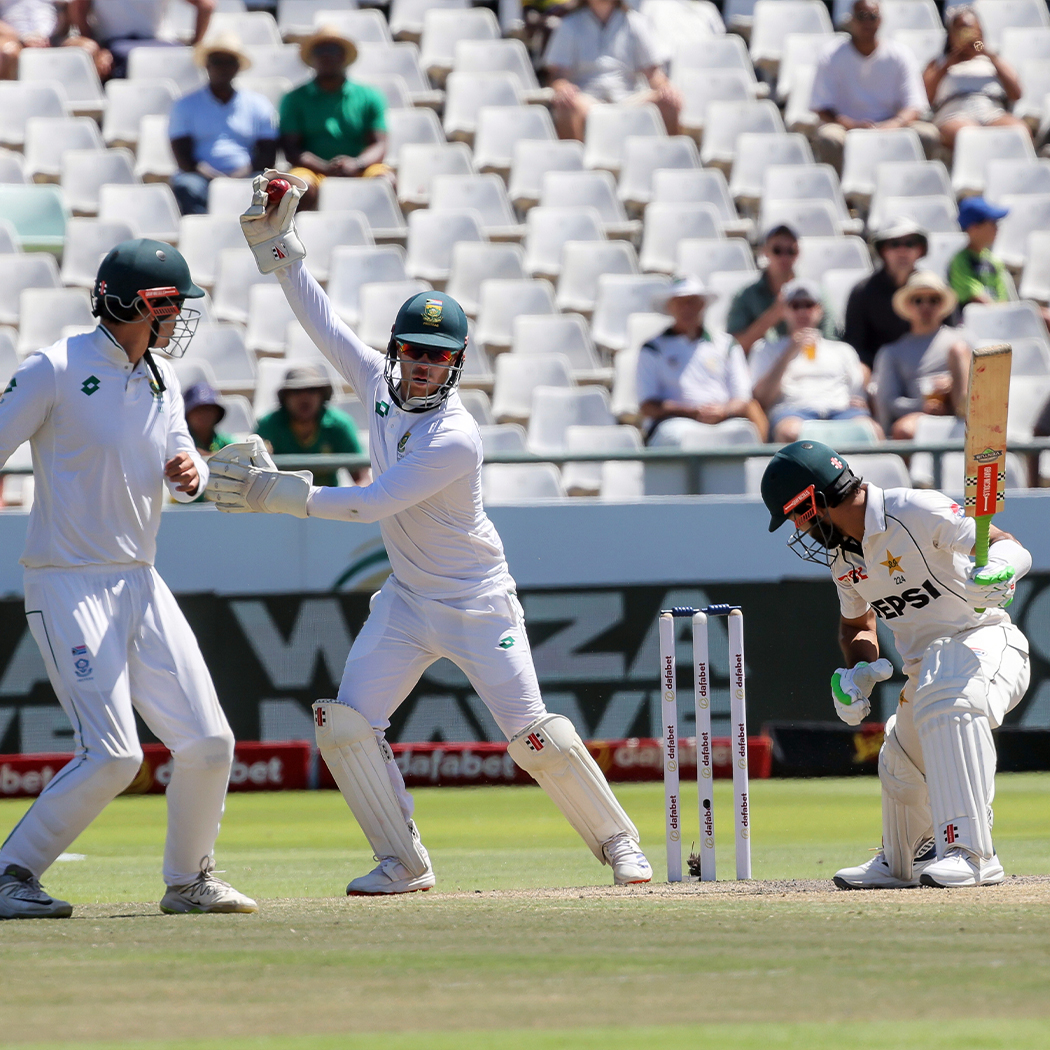ISLAMABAD: The United Arab Emirates (UAE) rugby team will be arriving in the eastern Pakistani city of Lahore next month to take part in two matches of the Asia Rugby Championship Division 1 that will be hosted by Pakistan this year, Pakistan’s Rugby Union confirmed on Tuesday.
Pakistan and the UAE regularly have cultural, educational and business exchanges as well as sports events, which provide a platform for people of both countries to know more about each other and strengthen bilateral ties.
“Pakistan has received the hosting rights for the Asia Rugby Championship Division 1, 2023, this year and will be hosting the UAE team in Lahore to play two matches on July 4 and July 8, respectively,” Salman Sheikh, secretary of the Pakistan Rugby Union, told Arab News on Tuesday.
The Pakistani team is currently busy training for the tournament under the guidance of South African coach Gert Mulder, according to the Pakistan Rugby Union.
“Mulder also coached the Pakistan team for the Asia Rugby Division 2 in May 2022, in which the ‘Men in Green’ defeated Thailand,” Sheikh said.
He said the venue for the two matches with the UAE had not been decided yet, but they would most likely be played at Lahore’s Punjab Stadium.
Rugby is a close-contact team sport in which players have to run with the ball in their hands. In its most common form, a game is played between two teams of 15 players each, using an oval-shaped ball on a rectangular field called a pitch. The field has H-shaped goalposts at both ends.
Pakistan’s national rugby team made its international debut in a match against Sri Lanka in 2003, while the UAE, which had been part of the Arabian Gulf Rugby Football Union since 1974, became a full member of Asia Rugby in 2012.


















